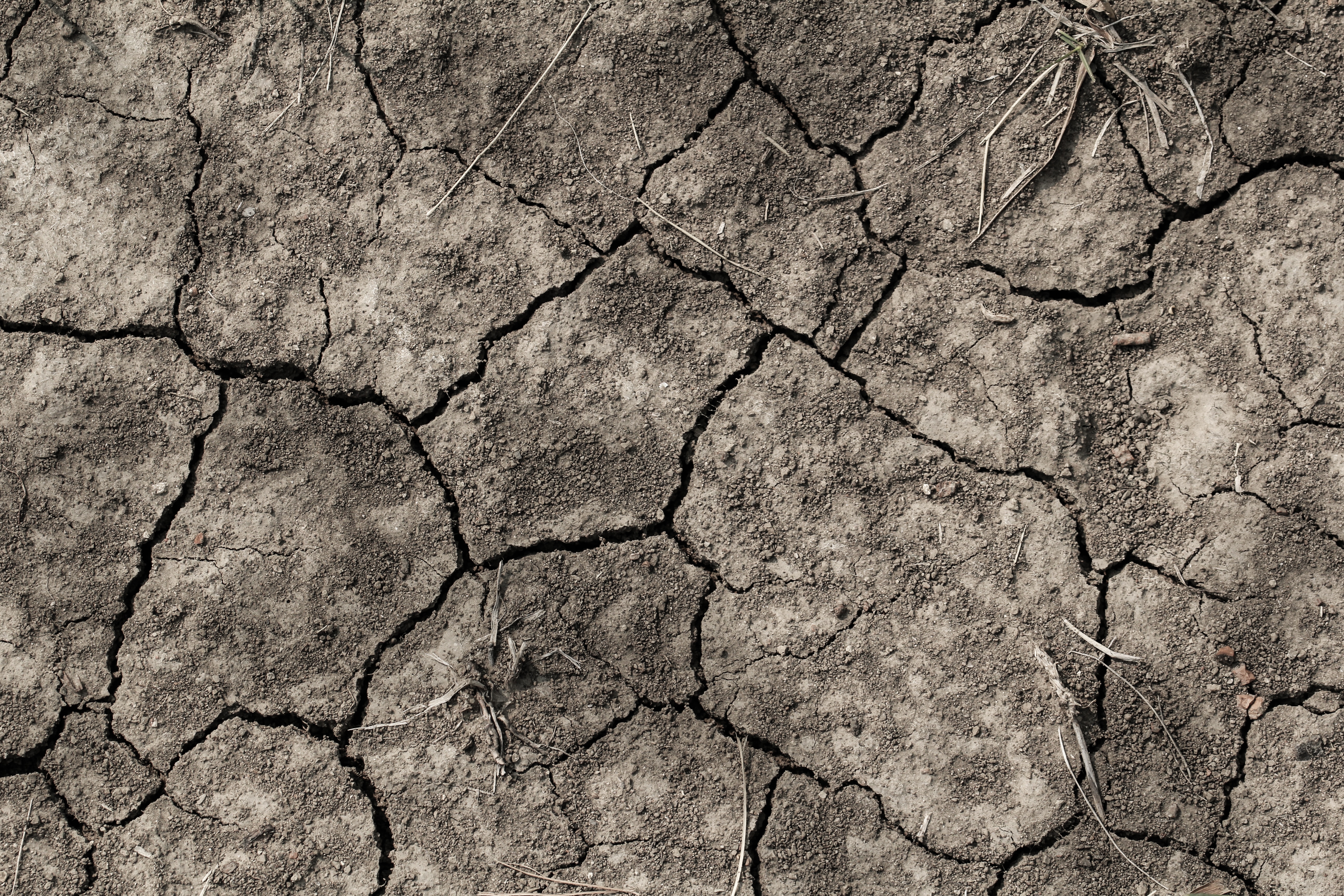Conflict, drought, and floods: food-insecurity crisis in Afghanistan

Health, climate change, prolonged ongoing conflict – three relatively distinct areas of interest that all come together in Afghanistan. About 13.5 million people (almost double from 2017) are severely food-insecure as a result of droughts, flash floods, overuse of resources, and more than a decade-long conflict.
In April 2018, after various warnings from agencies such as World Vision, the Afghan government declared drought. More than 260,000 people were forced to leave their home as a result of the drought in 2018. In comparison, approximately 50,000 less people were displaced due to conflict in that year. Those who leave their homes often face discrimination, extreme poverty and malnutrition. Take Torpikae from the Badghisprovince as an example. She lost her cattle due to the drought, is now dependent on cash handouts and indebted to her neighbours, and had to wait six weeks to receive a proper tent. Her story is far from unique, however, I find that personal stories in the article provide a better understanding of the situation than a purely statistical approach would. Given the gravity of the drought in Afghanistan, it is important to go beyond the statistics and be aware of the severe effects it has on individuals.
During the crisis, the UN provides tents, along with other aid. With such critical conditions of poverty and malnutrition, Afghanistan depends on donor support – without which the country could fall into chaos. This is crucial but as of 25 March 2019, only 11% of the total £465m call for contributions was funded. 5.4 millionwere helped through food-aid last year but many more still suffer from malnutrition, with 3.6 million being on the edge of famine.
Malnutrition and famine are especially dangerous for infants and children. Their brains are affected with lifetime consequences. Malnourished babies should normally stay 45 days in the hospital. However, many of them come from large families, and mothers cannot afford to stay away from the rest of the family for that long. They often request to be discharged before the recommended time.
Food insecurity is not likely to improve in the region in the upcoming years, despite the rain this year. The land and forests have degraded from overuse of resources, droughts, and conflict. This means that the top soil is eroded and even when it rains, the damaged soil does not absorb the precipitation well, increasing chances of flash floods. The flash floods have forced more than 10,000 families to flee from their homes, often including people who have already left their previous houses due to droughts.
The increasing number of displaced people due to conflict, drought, and flash floods and the worsening of the food crisis in the region further exacerbates tensions within the country and the whole region, especially when the porous borders of the country are taken into an account. Even if the ongoing peace talks are successful, the grievances caused by a decade-long conflict are not likely to easily disappear, especially with the looming of the climate crisis and its consequences being felt by the most vulnerable. It is vital that efforts towards peacetime establishment, immediate crisis response, disaster relief continue along with a search for a regional and global solution to the political issues affecting the region as well as the ever-worsening climate crisis.
Ratcliffe, R. (2019). ‘The country could fall apart’: drought and despair in Afghanistan. [online] the Guardian. Available at: https://www.theguardian.com/global-development/2019/mar/25/country-could-fall-apart-drought-despair-afghanistan [Accessed 27 Sep. 2019].
Image source: Unsplash




Hi Jana, this is a really informative blog post and you get the challenges the population face incredibly well. I did a quick Google search and the population of Afghanistan is about 38m – that means over a third of the country is food-insecure! Can you make a catchier title using that statistic perhaps?!
I particularly liked the illustrative human story you provide – as you say, this has more resonance for the reader.
Alongside malnutrition, I imagaine the 260,000 displaced by drought have also suffered other health effects. Have you read anything about what these might be?
Thanks
Becky
This is an excellent post, Jana! You have covered several aspects of population health in Afghanistan well, and you used a ‘case study’ with great effectiveness. When you are engaging in academic writing, I would encourage you to leave out first-person commentary, even in an academic blog. Not a big thing at all, but just food for thought as you proceed in this course – hope it helps! 🙂
Thanks,
Ladeisha